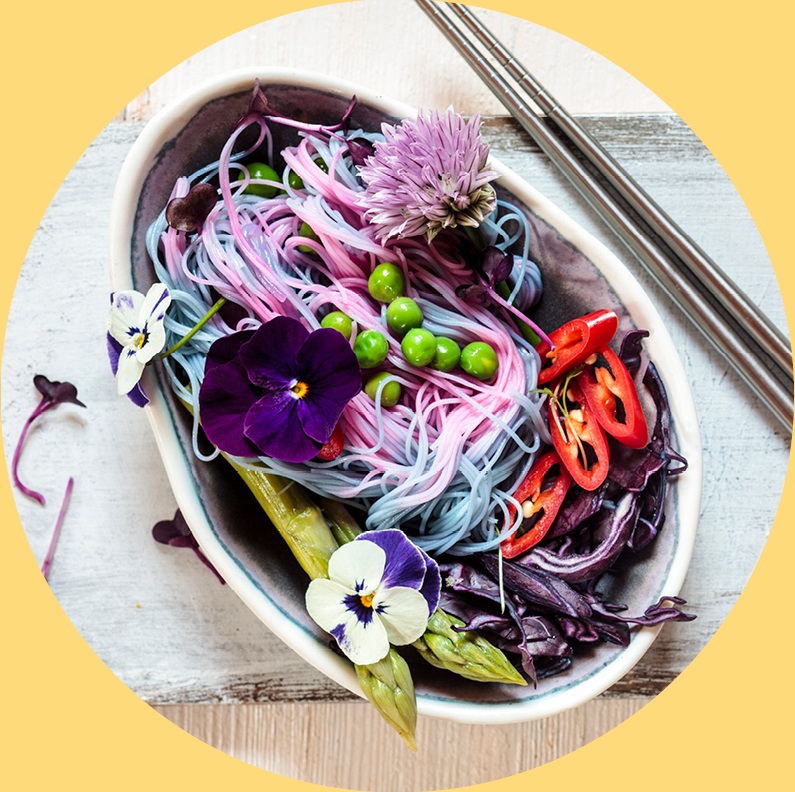
Bakery Sector Battles Waste with Fresh Initiatives
Published 15 April 2024
The bakery sector is one of the worst offenders when it comes to food waste – from production to retail to consumers at home. In the UK alone, 680,000 tonnes of ‘avoidable’ bakery wasteis disposed of annually at a cost of £1.1bn ($1.25bn), with 80% hailing from packs that haven’t even been opened (Wrap, 2023). Here, we explore some of the most promising global innovations and initiatives aiming to slash this figure.
Bakery Sector Battles Waste with Fresh Initiatives


Topics

Want to see the full report?
Offering access to over 350 consumer and cross-industry reports annually, Stylus Membership is your window to tomorrow’s most exciting opportunities.
We already arm more than 500 of the world’s most forward-thinking brands and agencies with the creative insights they need to make transformative business decisions.
We’d love to do the same for you.
Book a demo with us today to discover more.
More Reports From Stylus
More Reports From Stylus
Wellness Ingredients Trends to Watch 26/27
Consumers are seeking more robust, evidence-based and personalised nutrition solutions for their most pressing wellbeing concerns. Responding to this, scientists, researchers and functional food brands are investigating the nutraceutical potential of an ever-broadening variety of ingredients to tackle whole-body...









